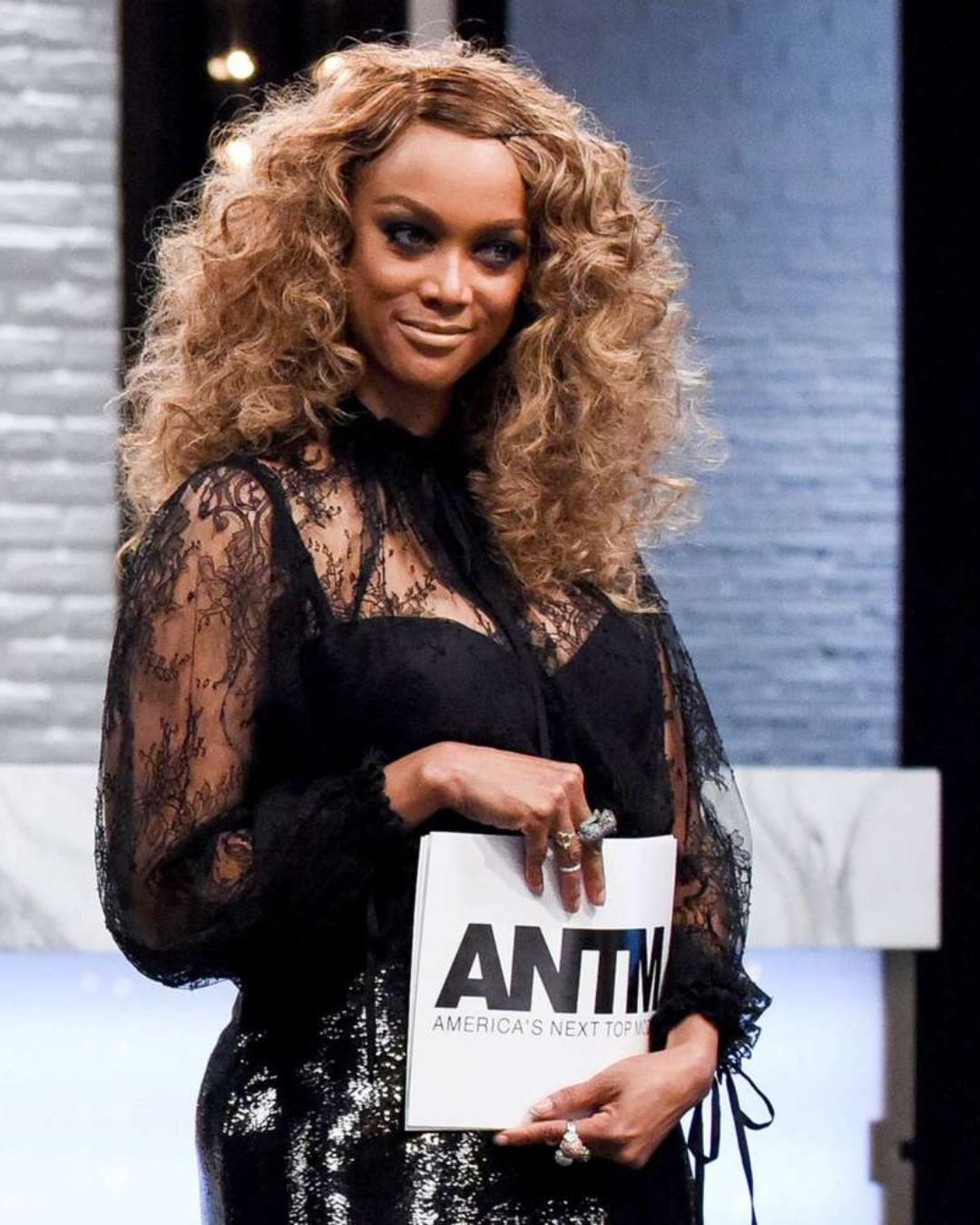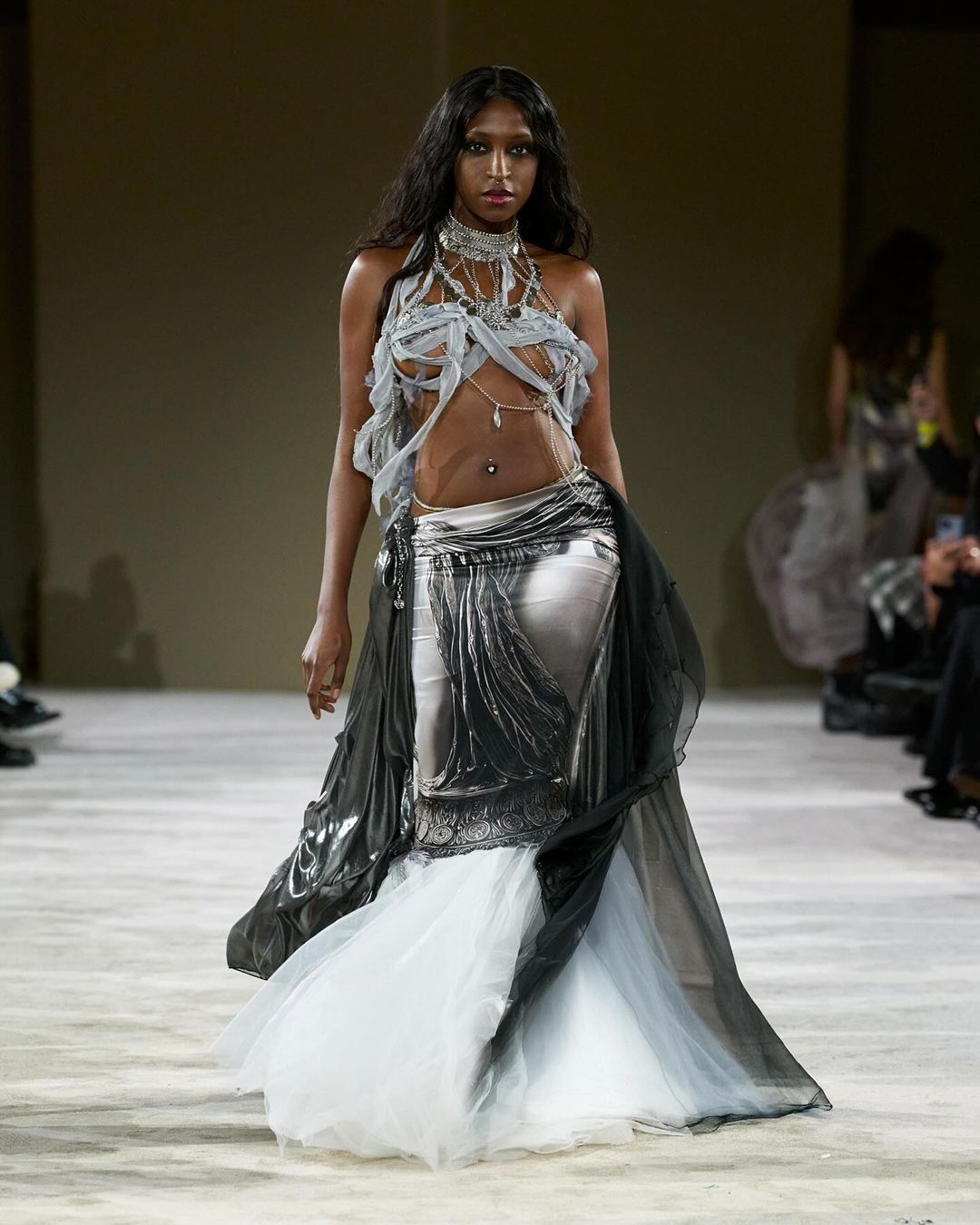
Britney Spears's version When women tell their stories
Have you ever heard of "trainwreck"? This term literally means "train wreck", i.e. the moment when a train leaves the track and causes an accident. When a train derails, it is a fascinating spectacle for those of us watching. A train wreck is also a person or celebrity (especially a woman) whose career or life deviates from societal expectations. This is due to drug or alcohol abuse or episodes that are deemed intolerable. Jude Ellison Sady Doyle talks about this in her book 'Broken. Why we like it when women get it wrong'.
What happened to Britney Spears
A striking example of a trainwreck is Britney Spears, a singer and dancer with an enviable career who is unfortunately too often watched and judged solely for her privacy. She is a representative case of how women who gain too much visibility are then violently and purposefully punished to become a spectacle for the viewer. From the beginning, she could have no power over her own story. Despite her precociousness, she was portrayed as America's sweetheart, naïve and a virgin. She herself admits that she contributed to this image in order to achieve what she wanted most: to sing and dance. At some point it started to get to her, and to this day she says so herself in her book:
"Why did my managers go to so much trouble to make me look like some kind of virgin, even though I was already over 20 years old? Who was I responsible to for my sex life?" -Britney Spears
While her male peers like Justin Timberlake were not expected to be role models, Britney Spears was expected to behave impeccably. She was seen as a danger to young teenage girls who could take her as an example.
"I never held myself up as a role model. The only things I was interested in were singing and dancing." -Britney Spears
Later, it was her ex-boyfriend Justin Timberlake who spread a version in which Britney Spears was portrayed as unfaithful, a hypocritical liar and a terrible woman.
"My Cheating" gave her album a bigger charge of angst and a target: to insult an unfaithful wife. At the time, it was fashionable in the hip-hop world to attack women and get back at them for their so-called 'disrespect'." -Britney Spears
Meanwhile, the press were morbidly seeking news about the singer's sex life. This went as far as waiting for her outside parties she attended, positioning herself at car height and photographing her upskirt, all without any consent. Upskirting was a widespread practise in the 2000s, the ideal combination of harassment and stalking, but where the only person deemed guilty was the celebrity on duty who had decided to leave the house. Abused as a scapegoat, stalked and judged as a female role model, friend and mother, Britney Spears struggled to separate her career and personal life and ended up having no power over either.
What The Woman in Me, Britney Spears' book, is about
After 13 years of being under guardianship (a legal measure by which a court assumes physical and financial guardianship of a person deemed incapable of making decisions) and being stripped of her autonomy, the time has finally come for her to take the reins of her story into her own hands and tell the public her side with 'The Woman in Me'. In it, she describes herself as a woman in distress, suffering from postnatal depression, traumatised and therefore in need of help and attention from those who should have been there for her.
"We spend so much time treating 'overemotional' women as sick that we rarely ask if they actually are. When a relationship ends, we're all sad and angry. But we have a hard time admitting the possibility that women feel uncomfortable emotions when they're in uncomfortable situations; we're quick to label their every public outburst as unpleasant, vindictive, obsessive, pathetic, desperate or, why not, crazy." -Jude Ellison Sady Doyle
According to Britney Spears, her only fault was that she was too weak and naïve in a power play where whoever can come out on top as the victim of the story wins. To this day, she is angry that she allowed herself to be portrayed as the villain too often, so much so that she has come to believe that she is. In her book, she concludes by saying that the time has come to stop being what others want you to be and to find yourself.
Who are the other women who have decided to tell their story?
In recent years, there have been many other celebrities who have taken the reins of their story with an autobiography. The most recent include Jennette McCurdy with her memoir 'I'm Glad My Mom Died', Julia Fox with 'Down The Drain', Emily Ratakwosky with 'On My Body' and Pamela Anderson with 'Love, Pamela'. Demi Moore's 'Inside Out' and Michelle Obama's 'Becoming" are still the genre's main draws. Federica Pellegrini's autobiography 'Gold' was also published in Italy this year.


































































